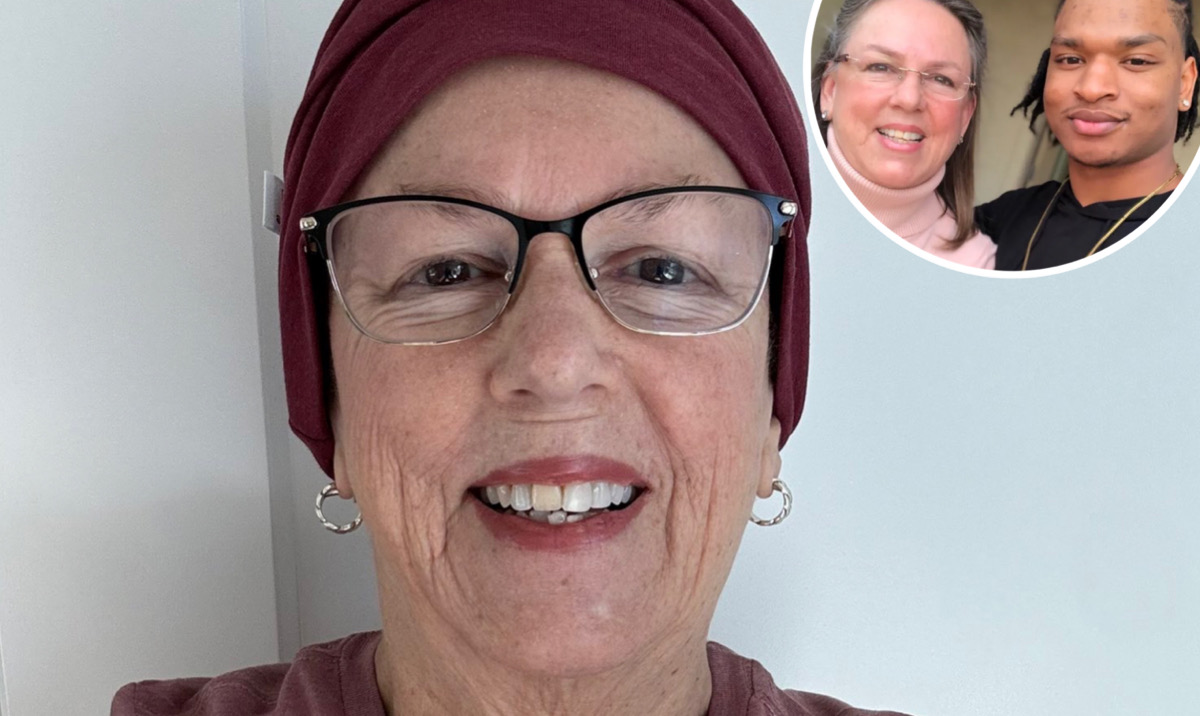GloRilla envisions having children in the future, but she expressed some reservations about the idea of carrying and giving birth herself during a recent interview on Charlamagne Tha God’s Out Of Context series.
In the Oct.14 episode, the 25-year-old rapper revealed her preference for a surrogate, stating she’d rather avoid the challenges of a nine-month pregnancy, a thought she expressed on her hit song, “Procedure,” in which she rapped, “This n—a tryna get me pregnant, I need to tie my tubes.”
Going into more detail about her thoughts on motherhood, the Memphis native shared, “I do want to have kids, but not my own kids. I want to do a surrogate. I want somebody else to have my baby. I want them to have my DNA, but I don’t want to have it,” she explained.
What is a surrogate?
A surrogate is a woman who carries and gives birth to a child for another individual or couple, usually due to their inability to conceive or carry a pregnancy themselves. Surrogate mothers are typically impregnated using in-vitro fertilization (IVF), according to Yale Medicine. During this procedure, medical professionals fertilize eggs from the intended mother or an egg donor with sperm from the intended father or a sperm donor to create an embryo, which is then implanted into the surrogate carrier.
This arrangement can be gestational, where the surrogate has no genetic link to the child, or traditional, where the surrogate is genetically related, Southern Surrogacy notes. The process involves legal, ethical, and emotional considerations, and it often requires careful planning and agreements between all parties involved.
At such a young age, GloRilla has tons of time to consider what method works best for her. The rapper isn’t alone in her sentiment either. More and more Black women are opting for the use of surrogacy as their goals and needs transform throughout life. Nowadays, many working women, including celebrities like GloRilla, opt for surrogacy due to their demanding schedules. Surrogacy provides various groups with the opportunity to become parents on their terms.
When Charlamagne Tha God asked the rising rap star if she had witnessed someone in her circle have a terrible pregnancy experience, GloRilla said flat out, “I just don’t want to actually have a baby… All my friends got kids, and they’re restricted a lot when they’re pregnant. I’m like, ‘Nah, I don’t want to go through that.’” According to the “FNF” hitmaker, nine months is “too long,” to go through some of the stress and complications that can come from carrying a child.
GloRilla performs onstage during the 2024 BET Hip Hop Awards at Drai’s Beach Club Nightclub at The Cromwell Las Vegas on October 8, 2024 in Las Vegas, Nevada. Source: Aaron J. Thornton / Getty
Black women face adverse maternal health outcomes.
It’s a valid concern, given that Black women, in particular, are facing a significant maternal health crisis in the U.S.; they are twice as likely to experience infertility, according to Women’s Health. A 2017 study revealed that Black women have higher rates of unsuccessful outcomes with assisted reproductive technologies, such as egg and embryo donation. Additionally, they are three times more likely to die from pregnancy complications.
Although the surrogacy industry has experienced significant growth in recent years, Black mothers face several obstacles when pursuing surrogacy treatment. These challenges include limited insurance coverage—given that costs can reach up to $100,000—and insufficient medical support in locating suitable carriers, as highlighted by Yes!.
It’s a challenging journey, but the bleak circumstances shouldn’t discourage Black women from beginning their families. Black women can advocate for themselves when seeking surrogate treatment by actively educating themselves about their options and the complexities of the surrogacy process. This includes researching reputable agencies, understanding legal rights, and seeking out healthcare providers who are culturally competent and sensitive to their unique experiences. Building a strong support network of family, friends, and community resources can provide emotional backing and practical advice.
It’s also important for Black women to voice their needs and concerns during consultations, ensuring they feel heard and respected. Engaging with advocacy groups that focus on reproductive justice can help amplify their voices and address systemic barriers in healthcare. By taking these steps, Black women can empower themselves and navigate the surrogacy landscape more effectively.
RELATED CONTENT: Pregnancy Brain Is Real! Here’s What Happens to Your Brain During Pregnancy







